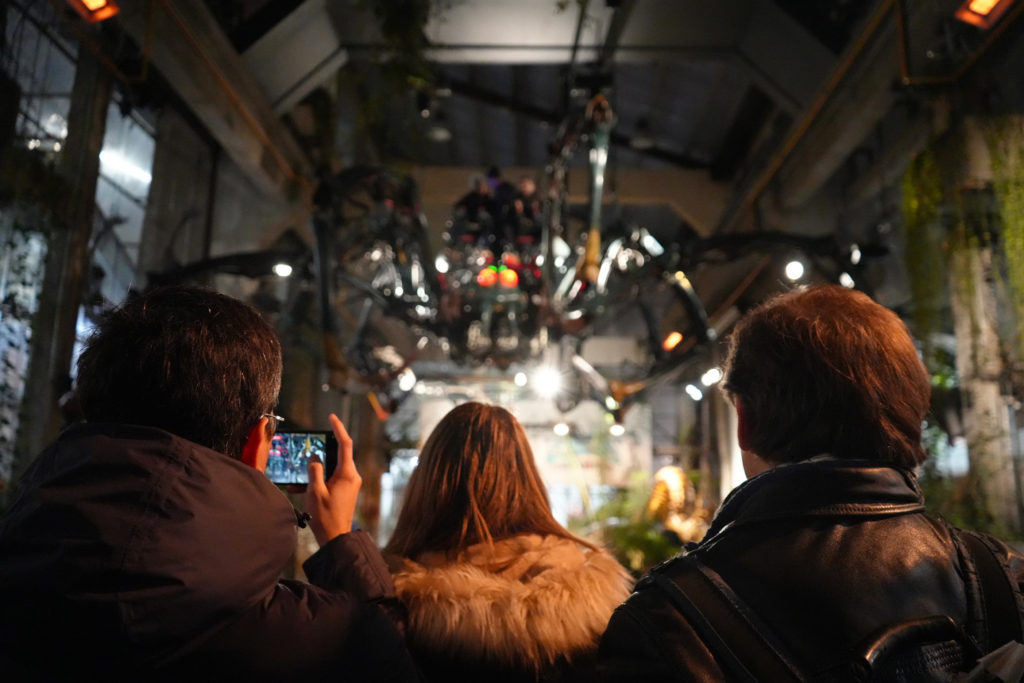France-BioImaging primary mission is to develop, promote, disseminate and provide access to innovative instruments and imaging technologies in the field of bioimaging to scientists. Fostering the technological transfers is at the heart of this mission, and for this France-BioImaging relies on a strong association of leading R&D research teams with core facilities.
However, several bottlenecks exist and often hamper or prevent successful technology transfer:
- A lack of human resource leads to difficulties in transferring and stabilizing the technology which is not enough user-friendly
- A technology that is too specific, with not enough user base
- A difficulty to contract with industry through institutional offices for industrial valuation
- In the context of image analysis: the instability of open software economical model, inter-operability, large data handling and algorithm complexity
As a way to tackle these bottlenecks, France-BioImaging launched in January 2021 its first “FBI Internal Call 2021: Technology transfer from the R&D teams to the core facilities” to promote the transfer of new technologies (instrumentation, probes, staining methods, software, data analysis or data visualization) from the R&D teams to the facilities of France-BioImaging, for access and service to end-users. The outcome of the transfer project had to ensure for the prototype to be usable by the end-users until the interpretation of the data. The project had also to include a sustainability plan and a training plan to guide both facility staff and end-users toward autonomy.
The project selection was organized by the National Coordination of France-BioImaging and applications were assessed according to the following evaluation criteria:
- Innovation and originality of the proposal
- Scientific quality, implementation, timeline
- Competitive positioning
- Adequacy of resources with the proposed project
- Economic impact and tech transfer potential and perspectives
- Estimation of the user market and potential for user adoption
- Plan for training and sustainability.
2022 laureates
For the first edition of the “FBI Internal Call 2021: Technology transfer from the R&D teams to the core facilities”, 5 projects were selected:
- Icy@FBI: Jean-Christophe Olivo-Marin (IPDM Node), Broadening the scope of applications of Icy (http://icy.bioimageanalysis.org/) by implementing several key new bioimage analysis components
- BIC-HCS-SMLM: Jean-Baptiste Sibarita (Bordeaux Node), Technological transfer of a Single-Molecule-based High Content Screening platform to the Bordeaux Imaging Center
- CloudFISH: Marcello Nollmann (Montpellier Node), A tool for the analysis of single-molecule RNA and DNA FISH images
- MorphoNet: Emmanuel Faure (Montpellier Node), An interactive online morphological browser to explore complex multi-scale data
- BioImageIT (https://bioimageit.github.io/#/about): Jean Salamero, Sylvain Prigent (IPDM Node), An open source framework for integration of image data management with analysis
2023 laureates
The call was renewed for another edition in 2022! Here are the 7 laureates:
- UV_FLIM NA: Yves Mely (Alsace Node), Microscope for live cell imaging of fully functional nucleic acids by Fluorescence Lifetime Imaging Microscopy coupled to Ultra-Violet excitation
- RIM-Ouest: Marc Tramier (Bretagne-Loire Node), Random Illumination Microscopy transfer in Rennes
- TempFoCash: Laurent Bourdieu (Paris-Centre Node), 3D-ultrafast optical functional activity recordings based of TEMPoral FOcusing and Custom Access Serial Holography
- Side C.A.R.S.: Elric Esposito (Paris-Centre Node), Stand-alone temporal synchronization module for CARS microscopy
- 3D LIGHTiss: Laurent Malaquin (Toulouse Node), Development of an Embedded Optical Lens MicroPhysiological System for Mesoscopic Live Deep 3D High-Resolution Imaging
- MAPS: Cyril Favard (Montpellier Node), Multicolor imaging and Absolute positioning using Planar all dielectric Surface enhanced TIRF microscopy
- FBI-MIN: Emmanuel Margeat (Montpellier node), Implementation of a RASTMIN / p-MINFLUX microscope
Each selected project was awarded with a 80k€ grant for salary and/or equipment, and several positions are currently available: https://france-bioimaging.org/jobs/
























